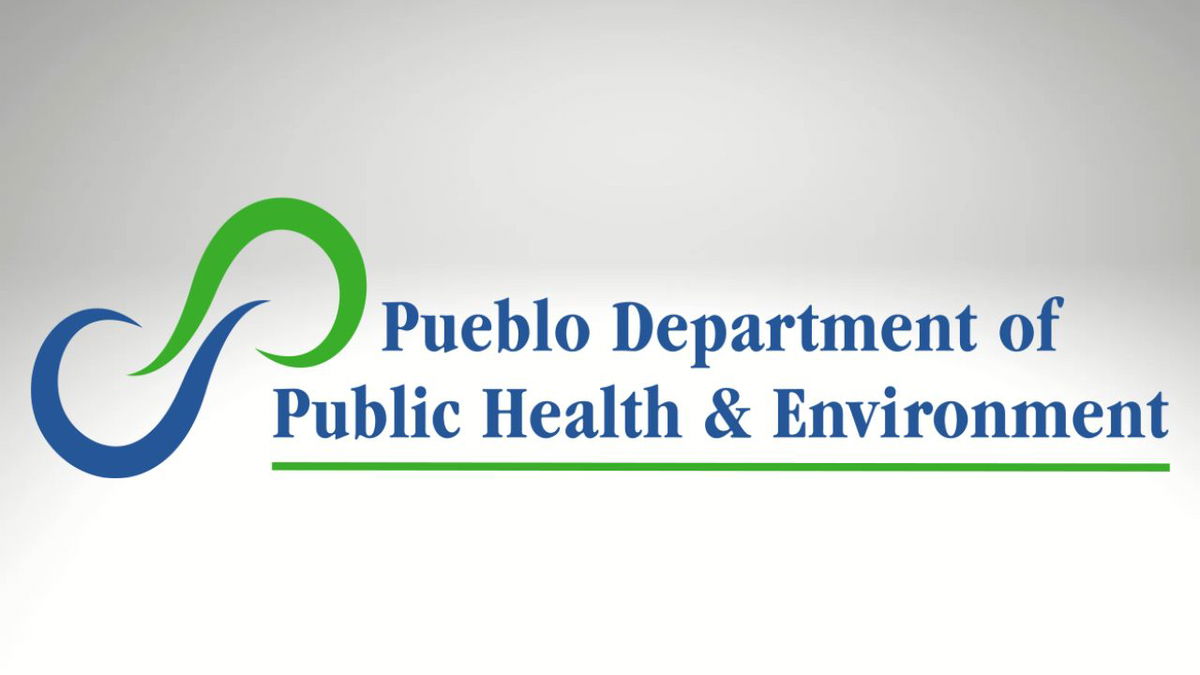Health officials investigating case of Human Plague in Pueblo County

PUEBLO COUNTY, Colo. (KRDO) - The Pueblo Department of Public Health and Environment (PDPHE), in collaboration with the Colorado Department of Public Health and Environment, is investigating a human case of plague based on preliminary test results.
According to the PDPHE, the plague bacterium (Yersinia pestis) is transmitted by fleas and cycles naturally among wild rodents. Plague occurs naturally and can infect humans and their pets. People get the plague from bites of infected fleas, by touching or skinning infected animals, or inhaling droplets from the cough of an infected person or animal.
Typical symptoms of plague include sudden fever and chills, severe headache, muscle aches, nausea, vomiting, and a feeling of illness. A common symptom of plague is also swollen lymph nodes with pain, the PDPHE said.
Steps you can take to protect yourself and your pets from the plague include:
- Eliminate places where rodents can hide and breed around your home, garage, shed or recreation area. Remove brush, rock piles, trash, and piles of lumber.
- Avoid contact with dead animals. If you must handle sick or dead animals follow these guidelines. First, put on an insect repellant to protect yourself from fleas. Then use a long-handled shovel to place it in a garbage bag. Lastly, place the bag in an outdoor garbage can.
- Use insect repellent that contains 20%-30% DEET to prevent flea bites. Treat pants, socks, shoe tops, arms, and legs.
- Do not let pets sleep in bed with you.
- Treat dogs and cats for fleas regularly. Flea collars have not been proven effective.
- Do not allow pets to hunt or roam in rodent areas, such as prairie dog colonies.
- Keep pet food in rodent-proof containers.
"If you develop symptoms of plague, see a health care provider immediately. Plague can be treated successfully with antibiotics, but an infected person must be treated promptly to avoid serious complications or death,” said Alicia Solis, program manager of the Office of Communicable Disease and Emergency Preparedness at PDPHE.
For more information, visit Pueblo Health
